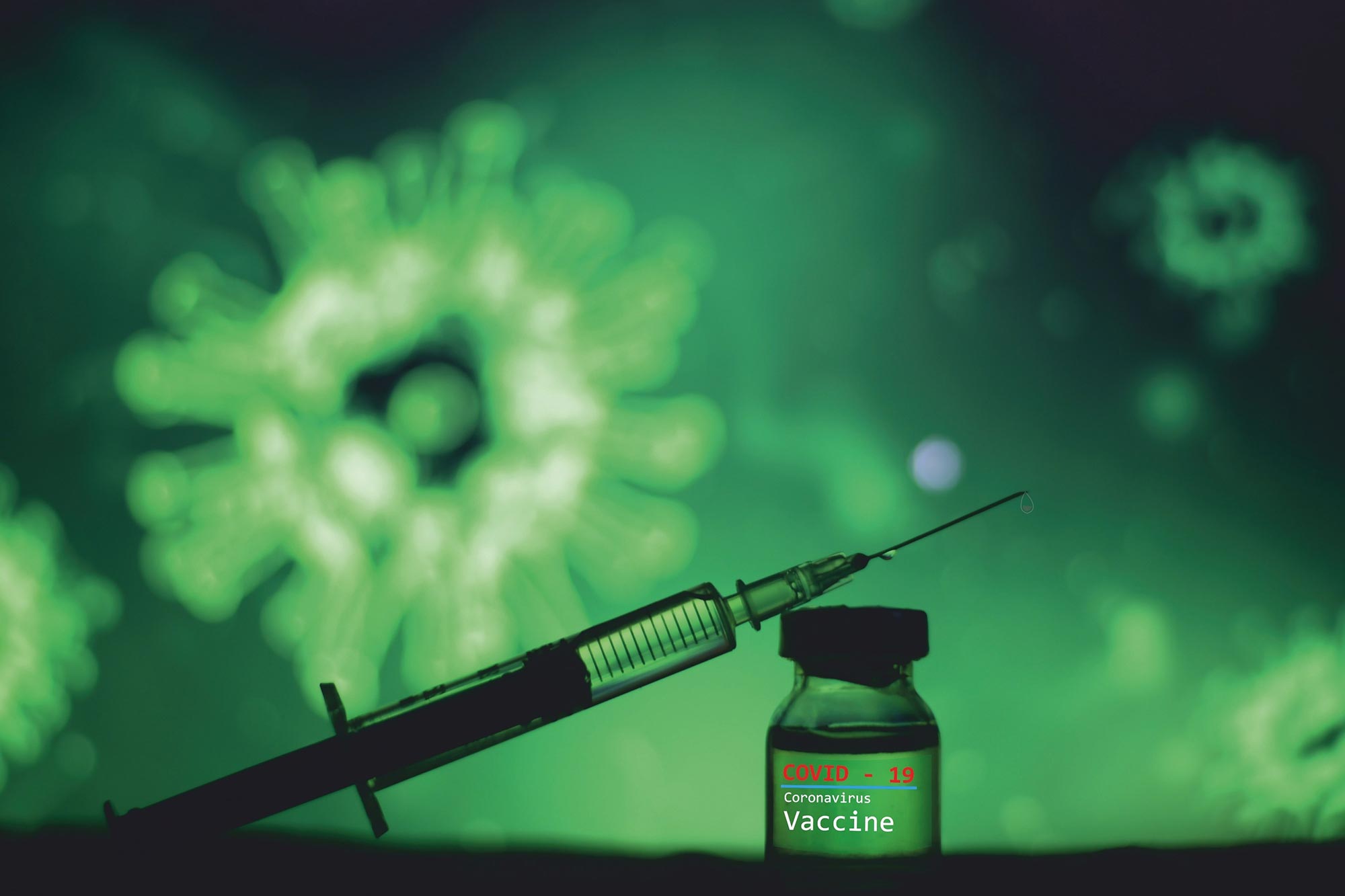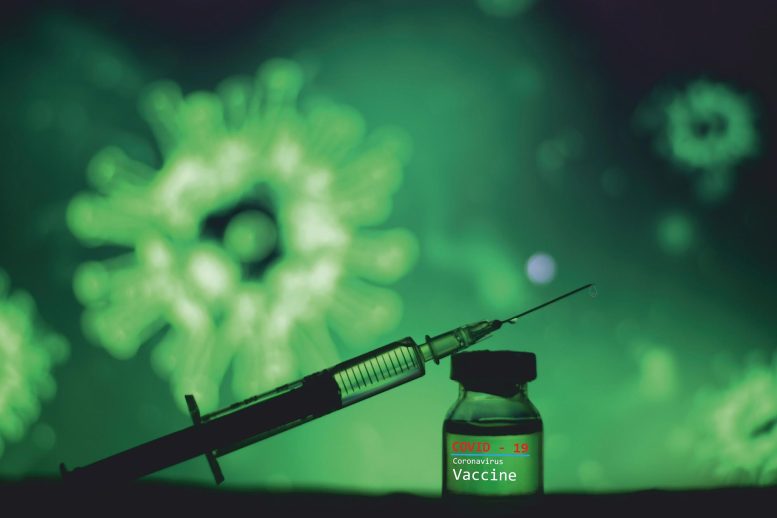
de
Cercetătorii au descoperit, de asemenea, că pacienții obezi anterior, contrar așteptărilor, au avut un răspuns imunitar mai mare și mai susținut.
O nouă cercetare care va fi prezentată la Conferința europeană de anul acesta privind microbiologia clinică și bolile infecțioase (ECCMID 2022, Lisabona, 23-26 aprilie) arată că, în ciuda trecerii timpului, numărul de[{” attribute=””>SARS-CoV-2 antibodies falls in both previously infected and vaccinated patients, the performance of antibodies improves only after previous infection (and not vaccination). This difference could explain why previously infected patients appear to be better protected against a new infection than those who have only been vaccinated.
The study, by Dr. Carmit Cohen of the Sheba Medical Center, Ramat Gan, Israel, and colleagues, also found that, contrary to expectations, previously infected patients with obesity had a higher and more sustained immune response than overweight and normal weight range patients.
While protection against re-infection lasts for a long time in SARS-CoV-2 recovered patients, breakthrough infections are increasingly common six months after vaccination. In this study, the authors analyzed the humoral (antibody-induced) immune response in COVID-19 recovered but unvaccinated individuals for up to a year and compared it with those who had received two doses of the Pfizer vaccine (but no previous infection) over eight months.
The study recruited previously infected-unvaccinated and double-vaccinated-never infected individuals from March 25, 2020, to November 25, 2020, and closed in April 2021, just before the delta variant arrived in Israel. Those previously infected in this study had been infected by the original and alpha variants (and some cases of beta) of SARS-CoV-2, although it is not known which variant for each patient as the laboratory only gained the ability to sequence variants long after the study began.
The researchers followed-up of 130 patients diagnosed with SARS-COV-2 using PCR testing. These patients had not been vaccinated and remained unvaccinated during the study. None of these patients were reinfected across the study period. Data were collected on acute (during infection and immediately after) as well as long term (after 6 weeks) symptoms. They compared anti-spike protein IgG and neutralizing antibodies of these 130 recovered patients to 402 age and body mass index (BMI), matched individuals who were double-vaccinated with the Pfizer vaccine but who had never had COVID-19. These double-vaccinated patients also remained uninfected across the study period; however, evidence had begun to emerge in Israel at this time (the second quarter of 2021) that double-vaccinated, never infected healthcare workers were experiencing ‘breakthrough’ infections at around six months after their second dose, whereas previously infected individuals that had not been vaccinated were not being reinfected. This study aimed to explore why.
The avidity index (simply expressed as the quality of antibody performance) was compared at one and six months for sub-cohorts composed of 16 people who had recovered from COVID-19 and 22 never-infected individuals who had been double vaccinated. For recovered patients, questionnaires concerning symptoms including long COVID were also collected.
The researchers found that the numbers of antibodies a month after vaccination were higher than those in the COVID-19 recovered patients. However, these numbers also declined more steeply in the vaccinated group. The avidity (antibody performance quality) index was higher in vaccinated individuals than in recovered patients initially. However, up to six months avidity did not significantly change in vaccinated individuals, whereas it gradually increased in recovered patients and potentially protected them from reinfection.
Interestingly, and against expectations, the level (titers) of antibodies in recovered patients with a body mass index of 30 or higher (in the obese range) was higher at all time points when compared with those with a BMI under 30 (normal weight to overweight range), suggesting people with obesity who had been previously infected were better protected against future infection than those who were overweight or normal weight and had been previously infected.
Of all recovered patients, 42 (36%) experienced long COVID symptoms including mental health (5%), neurological (9%), cardiovascular (5%) and respiratory (31%) manifestations.
The authors conclude: “While the number of antibodies decrease with time in both COVID-19 recovered (but never vaccinated) patients and vaccinated (but never infected) individuals, the quality of antibodies increases following infection but not after vaccination. People with obesity have a significantly higher and sustained antibody-induced immune response following infection. These results provide specific characteristics of the immune response that may explain the differential protection against COVID-19 in previously infected compared with only-vaccinated individuals.”
Now that most people in Israel are vaccinated, it has become much more difficult to do any new study of never-vaccinated individuals.
This team of researchers is now following a cohort of people recovered from the delta variant (specifically focused on families) and also a separate cohort recovered from the omicron variant. In these newer studies, they are examining both the humoral and innate immune responses (different parts of the immune system).
Dr. Cohen adds: “With the omicron variant vaccinated individuals are better protected from severe disease, yet the fourth vaccine dose, now given to many people over 60 years old and those who are immunocompromised, does not appear to be protective against infection with the omicron variant. I think that the most interesting people to follow up now are those who have recovered from the earlier variants and have then been re-infected by, and recovered from, infection with the omicron variant. Hypothetically, these individuals should have very high antibody performance against most variants.”
Meeting: The European Congress of Clinical Microbiology & Infectious Diseases (ECCMID 2022)

„Mândru pasionat al rețelelor sociale. Savant web fără scuze. Guru al internetului. Pasionat de muzică de-o viață. Specialist în călătorii.”






More Stories
Simulările pe supercomputer dezvăluie natura turbulenței în discurile de acumulare a găurilor negre
Trăiește cu anxietate: sfaturi de specialitate despre cum să accepti o afecțiune de sănătate mintală
Noile cercetări asupra unei falii masive de tracțiune sugerează că următorul cutremur mare ar putea fi iminent